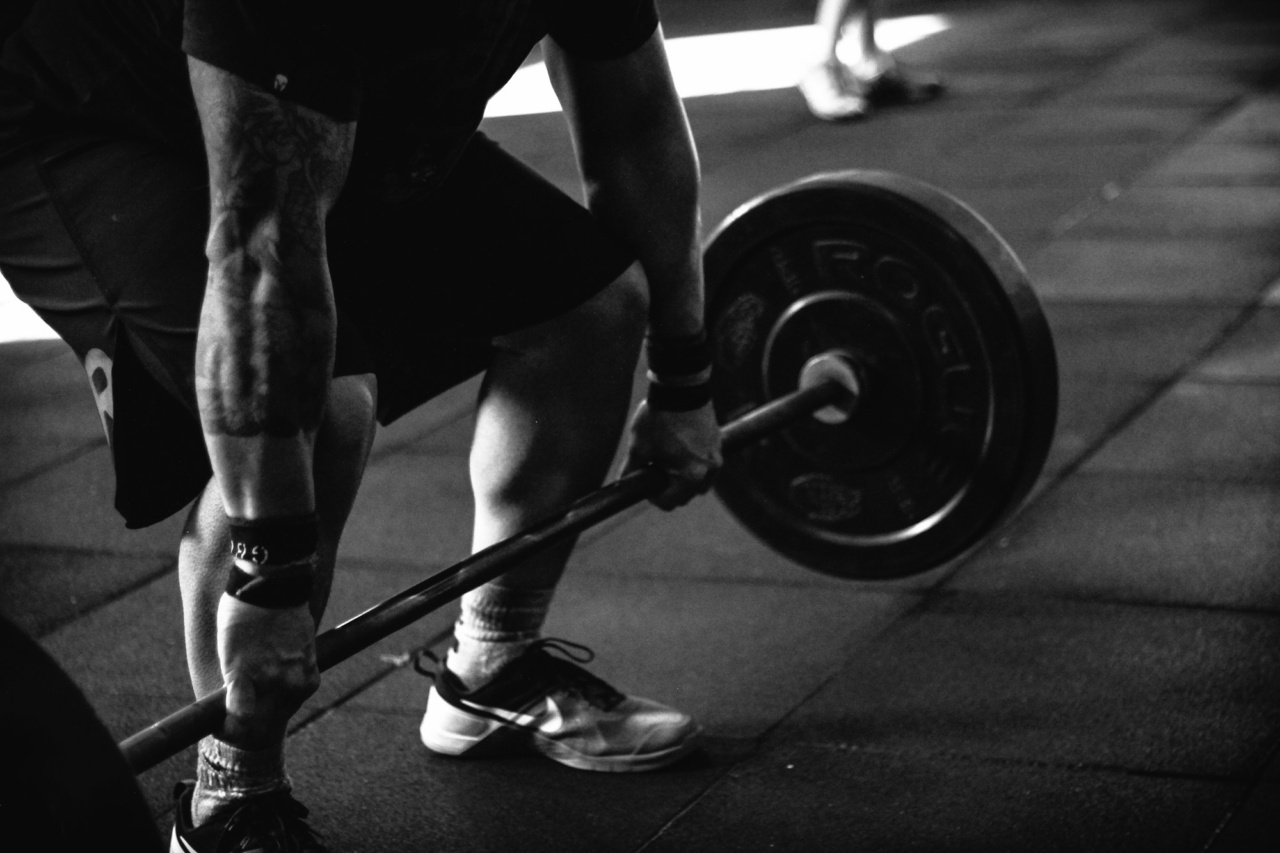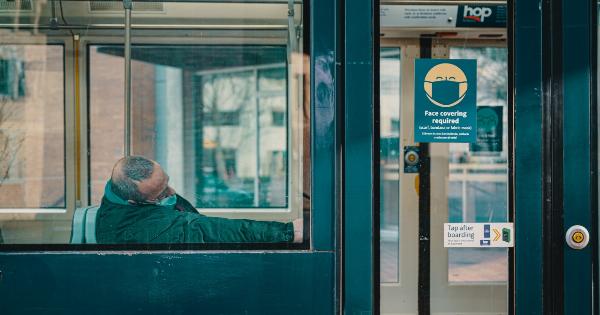Have you ever experienced sudden and intense muscle pains that wake you up in the middle of the night? If you have, then you know how uncomfortable and disruptive muscle cramps at night can be.
These cramps usually affect the legs, feet, and calves but can also occur in other muscles. They can last for several minutes, causing pain and discomfort, and can leave you feeling tired and sore the next day.
Muscle cramps at night affect people of all ages and can have various causes. In this article, we will explore the possible reasons for muscle cramps at night, their symptoms, and recommended treatments.
What Are Muscle Cramps?
Muscle cramps are sudden, involuntary contractions of one or more muscles. They can occur in any skeletal muscle but are most common in the legs, feet, and calves. These cramps can happen at any time, but they often occur at night or during exercise.
There are different types of muscle cramps, including:.
- Spasms: sudden, involuntary muscle contractions
- Twitches: small, rapid muscle spasms
- Charley horses: painful, involuntary contractions of the leg muscles
What Causes Muscle Cramps at Night?
Muscle cramps at night can occur due to various reasons. The following are the most common causes:.
1. Dehydration
Dehydration is an often-overlooked cause of muscle cramps. When you don’t drink enough fluids or sweat excessively, your body loses essential electrolytes (such as sodium, potassium, and calcium) that help regulate muscle function.
When these electrolytes are imbalanced, it can lead to muscle cramps, especially in the legs.
2. Poor Blood Circulation
Poor blood flow to the legs can cause muscle cramps. This can happen due to sitting for extended periods, crossing your legs, or sleeping in an uncomfortable position.
People with peripheral artery disease (PAD) may also experience muscle cramps due to reduced blood flow to their legs.
3. Vitamin Deficiency
A lack of Vitamin D, E, and B-complex vitamins can contribute to muscle cramps. These vitamins are essential for muscle health and proper functioning. Lack of these nutrients can lead to muscle weakness and cramps.
4. Medications
Certain medications can cause muscle cramps, including statins used to lower cholesterol, diuretics, and steroids. These medications can lead to mineral and electrolyte imbalance, which can result in muscle cramps at night.
5. Medical Conditions
Underlying medical conditions such as diabetes, thyroid problems, kidney disease, and nerve damage can all cause muscle cramps at night.
Symptoms of Muscle Cramps at Night
The most common symptom of muscle cramps at night is a sudden and intense pain in one or more muscles. The affected muscle may feel hard, and you may notice visible muscle contractions under your skin.
The pain can last for a few seconds to several minutes, and there may be residual soreness after the cramp subsides.
Treatments for Muscle Cramps at Night
Muscle cramps at night can be prevented by adopting certain lifestyle changes. The following are some easy and effective treatments.
1. Stay Hydrated
Drinking enough fluids throughout the day can prevent dehydration and electrolyte imbalances, leading to fewer muscle cramps at night.
2. Stretching
Regular stretching can help increase muscle flexibility and prevent muscle cramps. Stretch your legs and calf muscles before bedtime to reduce the risk of cramping. You can also stretch whenever you feel a cramp coming on.
3. Apply Heat or Cold
Applying heat or cold to the affected muscle can help alleviate pain and cramps. Use a heating pad or warm towel for a few minutes or take a warm bath. Alternatively, use an icepack for a few minutes to reduce inflammation and pain.
4. Massage
A gentle massage or foam rolling on the affected muscle can help relax the muscle and reduce cramps. Use your fingers to apply pressure or invest in a foam roller for a more extensive massage.
Conclusion
Muscle cramps at night can be a painful and disruptive experience, but there are many ways to prevent and treat them. Practicing good sleeping habits, staying hydrated, and stretching regularly can all help reduce muscle cramps.
If the cramps are frequent or severe, it is essential to consult with a doctor to rule out underlying medical conditions.































